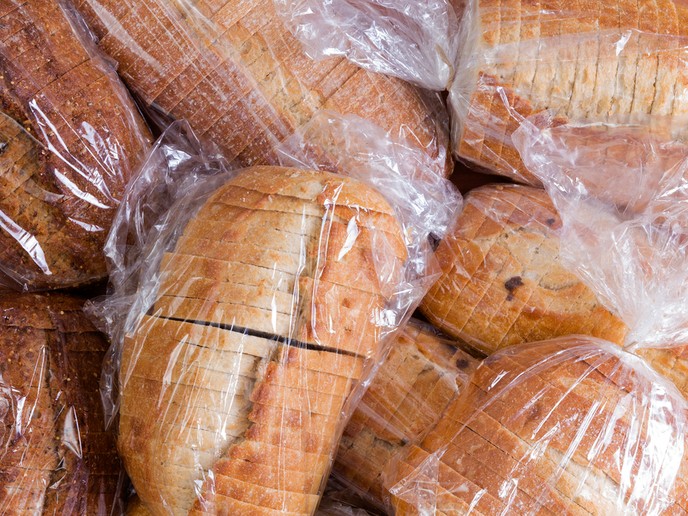Extending food shelf life with nanomaterials
When was the last time you were tempted by luscious cherries at your supermarket or saw that your favourite brand of packaged bread was on sale and you greedily bought too much? You likely had to throw away most of them because they had gone off. What if the shelf lives of such products could be extended? The EU-funded NanoPack has done exactly that. Its nanotechnology-based packaging solution was successfully tested for several food items and the results were demonstrated at a conference. A press release on the project website notes that NanoPack conducted “a series of antimicrobial efficacy tests in different sites that proved NanoPack’s novel film’s ability to extend the shelf life of a series of perishable goods.” The tests showed that their packaging prevented the growth of mould in bread by at least 3 weeks. It also extended the sealability of fresh cherries and shelf life of yellow cheese by 40 % and 50 %, respectively. NanoPack partners presented their innovative film at the Active & Intelligent Packaging Industry Association’s World Congress 2019. Their technology aims to replace or minimise food preservatives, with or without modified atmosphere conditions.
How does the NanoPack system work?
NanoPack combines natural nanomaterials and essential oils to enhance food safety and reduce waste. Mineral nanotubes are dispersed in plastic packaging films and hold natural essential oils extracted from plants like oregano and thyme that have antimicrobial properties. “The nanotubes slowly release the antimicrobial oils from the film into the headspace of the packaged food. This actively slows down oxidation, moisture changes and microbial growth,” the same press release states. NanoPack’s customised food packaging covers a range of food products, including bread, fresh meat and fish, dairy, and fruits and vegetables. These packaging films are clear plastics, like the ones that are currently on the market. Project partners acknowledge some of the challenges involved with consumers’ acceptance of nanotechnology in food packaging. The project website states: “The success of the food packaging technology depends on its characteristics and its benefits and how consumers understand them. In relation to the characteristics of the technology, nanotechnology was not perceived negatively from our respondents, while it was mainly other elements (e.g. the essential oils) that participants emphasized, especially in a negative tone (since they connect them with other non-food applications).” The project website points to the “trade-off between extending a product shelf-life (and what interests food producers) and freshness (what interests the consumers).” It also emphasises that consumers may not approve a product with an extended shelf life “if freshness is compromised” in their minds. NanoPack (Pilot line production of functional polymer nanocomposites from natural halloysite nanotubes: demonstrating controlled release of active antimicrobials in food packaging applications.) was set up to develop, demonstrate and scale up solutions for extending food shelf life. This is being achieved through the use of novel antimicrobial surfaces applied in active food packaging products. Active packaging refers to a system in which the material constituents, the product and the environment interact to extend the shelf life of foods. With this technology, the function of packaging goes beyond just passively containing the product. For more information, please see: NanoPack project website
Countries
Israel



